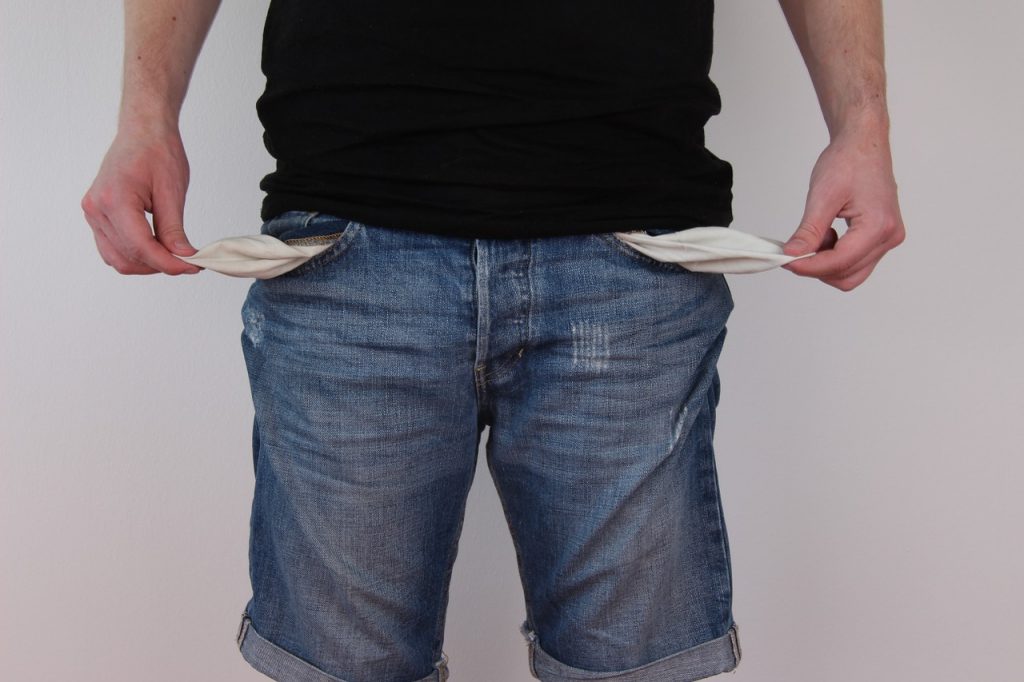4 Things You Absolutely Must Do to Save Money on Your Essentials
Everywhere you look there’s a blog or website dedicated to teaching you how to save money, but when you look closely at them, they typically tell you to get rid of things you don’t need, like cable, gym memberships, life insurance, or your expensive habits. While these are all great ways to save money, these blogs don’t tell you what to do when it comes to saving money on the things you actually need. For instance, sure you can stop paying $20 a month for your gym membership you don’t use, but what about all the actual expenses and debts you have that must be paid in order to avoid hurting your credit? Well, you’re in luck. Check out these four things you absolutely must do to start saving money on your essentials.
- Refinance
If you currently have loans, whether for your home, car, business, or personal, you are likely paying interest on this loan—and if you had poor credit when the loan was taken out, chances are this interest rate is pretty high. However, you can’t simply stop paying on these things. Instead, why not consider refinancing to help get you a lower interest rate that would lower your overall payment? If you have improved your credit score, or even if you’ve proved you pay this bill on time every month, talk with the lender and see if you can refinance. For instance, switching from a 30-year mortgage to a 15-year mortgage will reduce the interest you pay over time and reduce the overall costs of your loan. Even if it cuts your cost down by a little bit, it’s still extra money in your pocket.
- Comparison Shop
There are certain things you need, like groceries, car insurance, etc. Sometimes you just take the first offer you get or stick with a company you’ve used for a long time; however, this could be forcing you to pay extra when you don’t need to. Write down a list of all the monthly expenses you have, such as cable, your grocery budget, all insurances, etc. Then, make a list of other companies who offer the same thing and do some comparison shopping. Call different places to see what prices they offer (or check local sales papers for groceries). It’s also a good idea to look for customer reviews to see how people feel about these companies. For example, comparing Mercury insurance client reviews with other companies like Geico can help you determine which is the better option to go with.
- Use Apps
Technology can be a game-changer when it comes to saving money on necessities, and these apps are some you absolutely need if you want to get the best possible cost. Paribus is an app that scours your recent purchases and lets you know if you’ve overpaid for an item, and then it works hard to get you a refund on what you’ve overpaid. Billshark scours your current bills and negotiates lowering your bills for you—and you don’t have to do a thing. If this app notices you’re paying more for services compared to other people, it will negotiate lowering that bill for you and save you money. Other apps like Ibotta let you earn money for purchasing items you typically buy. Simply snap a picture of your receipt and let Ibotta pay you for shopping.
- Do Some Research
Sometimes you can earn grants or special incentives on certain utilities or for making certain choices. For instance, some companies will give you money for switching to eco-friendly energy options, like LED bulbs or an automated thermostat. In addition, some municipalities offer insurance incentives for veterans, those with disabilities, or even those who are just out of college.
It’s also a good idea to talk directly with the utility or credit card companies. For instance, you may be able to take advantage of a special offering or get an extra perk for being a lifetime member. Most of these companies don’t want to lose your business, so they’re willing to give you some type of incentive to help you stay.
By doing research like this or talking directly with the companies, you’ll find yourself saving money.
Nobody wants to overpay for the things you need, so be sure to use these tips and help you save money on the items you cannot live without.

